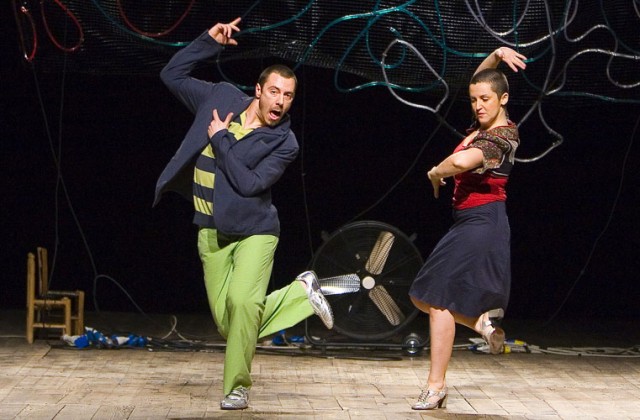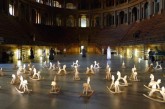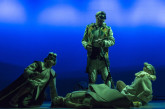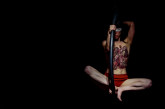Che autenticità sia una parola-problema è senza dubbio una delle acquisizioni del sapere moderno che ha spiegato come la realtà, essendo un costrutto dell’osservatore, non può mai essere né colta così com’è, né rappresentata. L’autenticità, cioè la possibilità di afferrare la realtà delle cose, è quindi una pretesa paradossale risolvibile soltanto spostando il punto di osservazione: dall’esterno all’interno. È dall’interno della nostra esperienza delle cose e del mondo che l’autenticità può svelarsi, senza ridursi a un’etichetta posta da qualcuno. E non è un caso che proprio il teatro abbia contribuito nel tempo alla definizione dello statuto di realtà e della sua problematicità mettendo a tema, fin dalle origini, il rapporto fra realtà e finzione. Una dialettica che se, da un lato, ha riguardato i prodotti dell’immaginario e i loro effetti, dall’altro lato ha bene interpretato il passaggio dal naturalismo a un “realismo” ben più complesso. Un concetto che di certo non riguarda la veridicità di una rappresentazione ma la sua capacità di interrogare la realtà e di avvalersi delle sue istanze. (…)

That authenticity is a problematic word is without a doubt one of the acquisitions of modern knowledge that helped to explained how reality, being a construct of the observer, can never be grasped nor represented as it is. Authenticity, that is, the ability to grasp the reality of things, is therefore a paradoxical claim, solvable only by moving the point of observation: from outside to the inside. It is from the inside of our experience of the world and things that authenticity can be uncovered, without being reduced to a label created by someone. It is no coincidence that theatre has contributed over time to define the status of reality and its problematic nature, putting into perspective, since its origins, the relationship between reality and fiction. A dialectic that if on the one hand explored the products of imagination and their effects, on the other hand has interpreted well the transition from naturalism to a far more complex “realism”. This is a concept that certainly is not about the truth of a representation, but about its ability to question reality and to make use of its instances. (…)
Laura Gemini
D’ARS year 54/nr 218/summer 2014 (abstract dell’articolo)
Acquista l’intero numero in formato epub/mobi oppure abbonati a D’ARS





